As the years have provided more experience to make better decisions regarding bike purchases, the Los Angeles Police Department has found what works best for its agency.
While quality is important, durability is more important than expense.
As the years have provided more experience to make better decisions regarding bike purchases, the Los Angeles Police Department has found what works best for its agency.
As the years have provided more experience to make better decisions regarding bike purchases, the Los Angeles Police Department has found what works best for its agency.
While quality is important, durability is more important than expense.
"You don't want to have a really nice titanium or carbon-fiber bike," admits Donna Tuk, bicycle coordinator for the LAPD. "It's got to be able to take a beating."
Cops ride their bicycles up and down stairs and throw them on the ground when necessary. And the officers riding the bikes can physically put strain on their vehicles because of their weight.
"Our riders are different than recreational bike enthusiasts," says Tuk. "We have big muscle-bound guys who lift weights--280-pound guys that are built more like Arnold Schwarzenegger than Lance Armstrong--so we need bikes that can accommodate them."
The LAPD has found that choosing the proper components to convert a bicycle into a police vehicle is almost as important as the bicycle itself. Because bicycle patrol officers spend so much time on their vehicles, durability and comfort are high on the list of criteria.
"It takes a lot of extra thought when you put together a police bike from components to wheels to the lighting system (yes, there are red-and-blue flashers available)," says Tuk. "You can't buy low-end components on a police bike because we go through them like crazy; things break."
LAPD uses bikes with front suspension, as full-suspension bikes tend to suck too much energy during the pedal stroke when climbing, especially in an urban setting--the hobby horse effect. Having front suspension makes for a more comfortable ride, and it reduces the potential for carpal tunnel syndrome. Disc brakes remain on the wish list because none of the current offerings is small enough to accommodate the kickstand that's mounted to the rear of the bike.
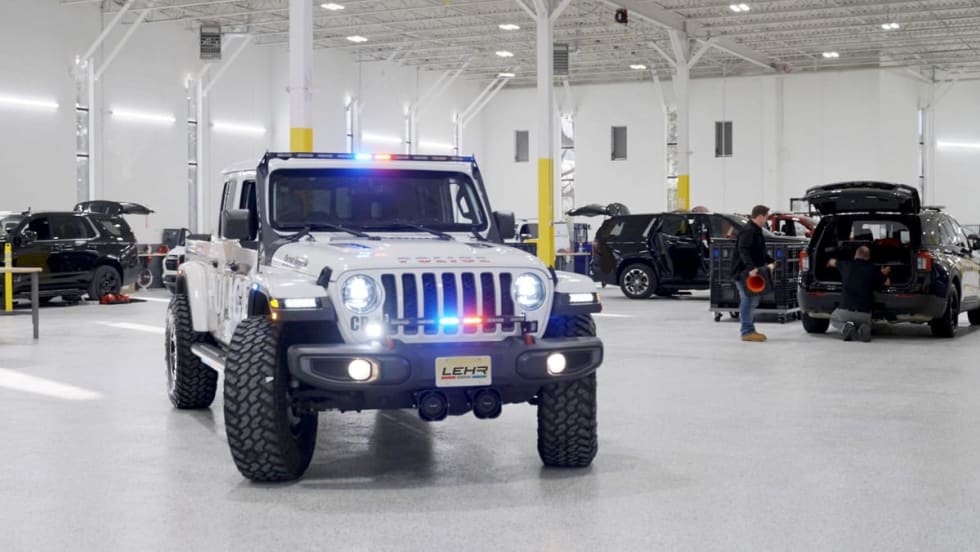
LEHR’s new centralized upfitting facility in New Jersey consolidates operations to deliver faster turnaround times and enhanced fleet capacity for law enforcement agencies across the Northeast.
Read More →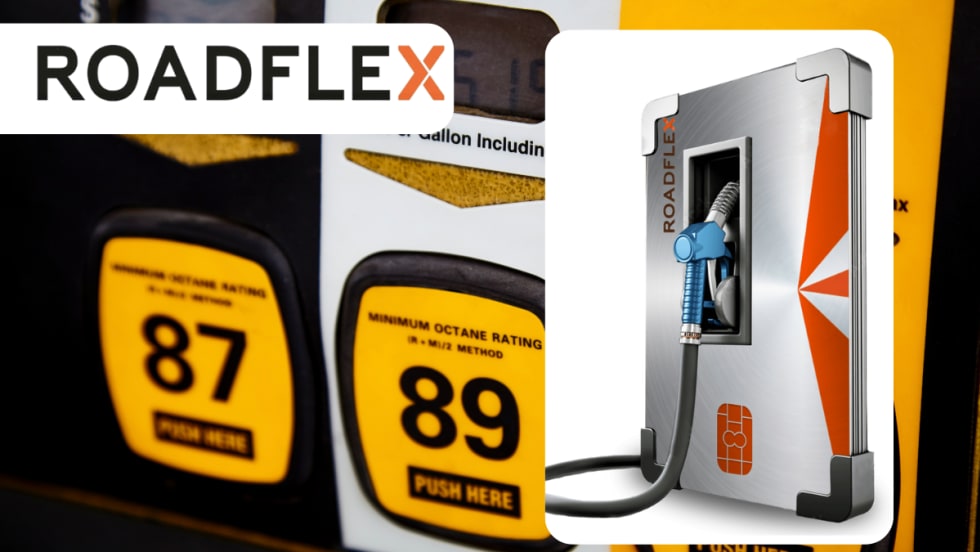
The Madison County Sheriff’s Office overcame fuel management and accounting challenges by turning to RoadFlex to improve fueling reliability, visibility, and administrative control.
Read More →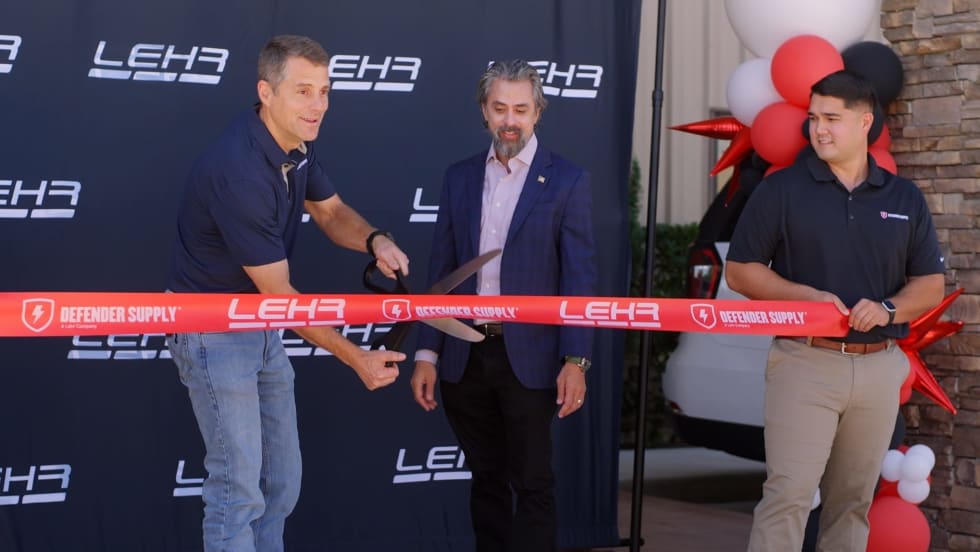
LEHR has opened a 40,000-square-foot Defender Supply upfitting facility in Houston, Texas. It is expected to upfit thousands of public safety vehicles each year.
Read More →
In this video, hear from Dustin Mowery, a product specialist at Team Wendy, as he discusses how to best use a patrol vehicle for cover.
Read More →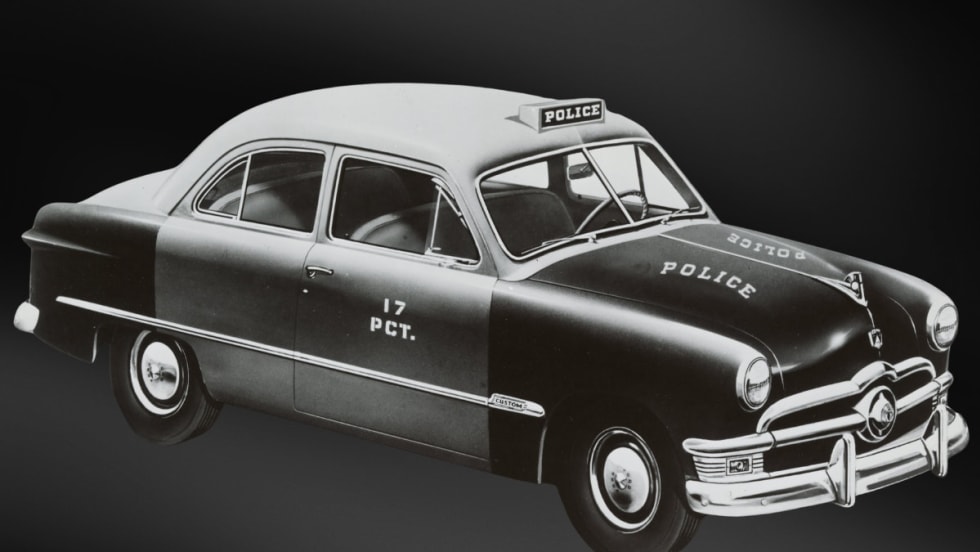
From 1950 to 2025, Ford has produced many of America’s most iconic law enforcement cars, SUVs, and trucks. POLICE Magazine takes you through the history of Ford’s police vehicles.
Read More →
While a patrol vehicle offers some cover protection when taking fire, remain mobile and don’t stick to one piece of cover indefinitely. Dustin Mowery, of Team Wendy, shares what he teaches about using vehicles as cover.
Read More →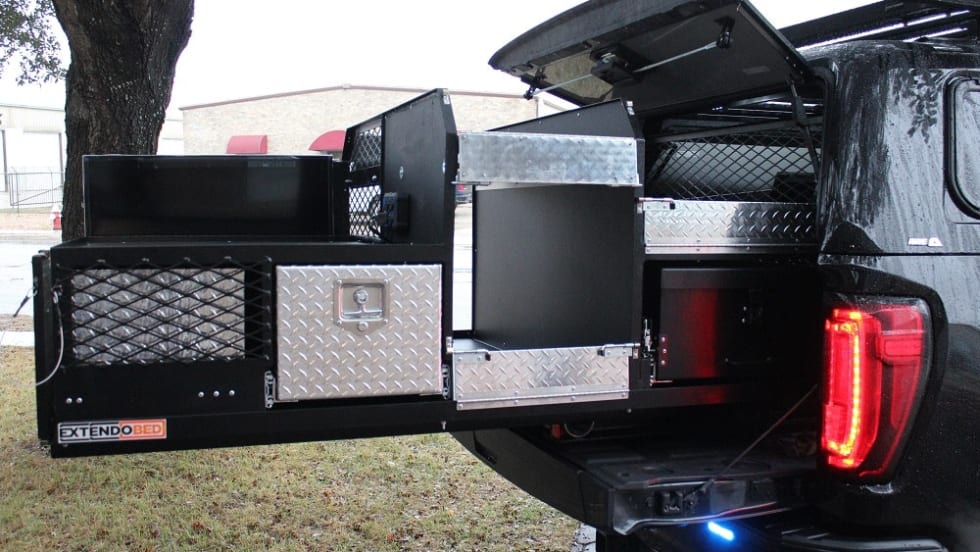
When officers can’t access their gear quickly, lives are on the line. That’s why slide outs aren’t just nice to have — they’re essential. From maximizing space to reducing response times and preventing injuries, here are three reasons law enforcement fleets shouldn’t skimp on this critical upgrade.
Read More →
The webinar is presented by Robert Martinez, former deputy commissioner of the NYPD/RSM Fleet Consulting LLC; Nathalie (Nat) Crewes, business segment manager for Geotab; and Alanna Bindi, fleet manager for the City of Stockton.
Read More →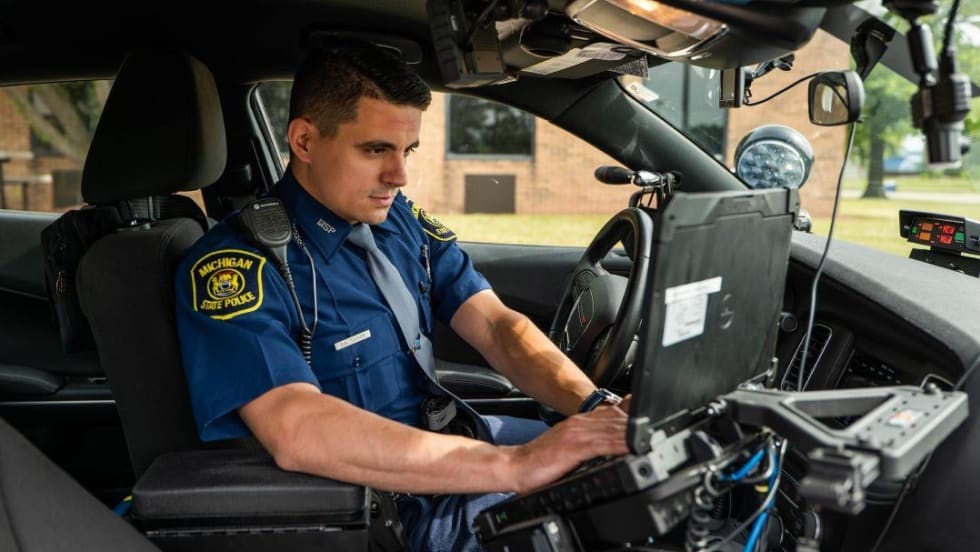
How can officers stay safer behind the wheel when responding to calls? Driving instructors from the Michigan State Police and the Georgia Public Safety Training Center share their tips.
Read More →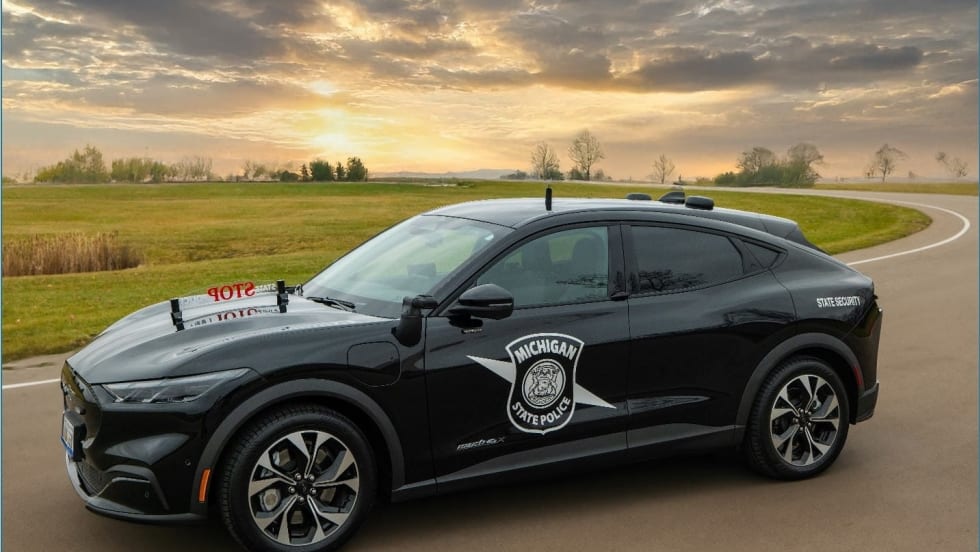
“Adding this battery electric vehicle to our patrol fleet will allow us to study the vehicle’s performance long-term to determine if there is a potential for cost savings and broader applicability within our fleet,” said said Lt. Nicholas Darlington.
Read More →